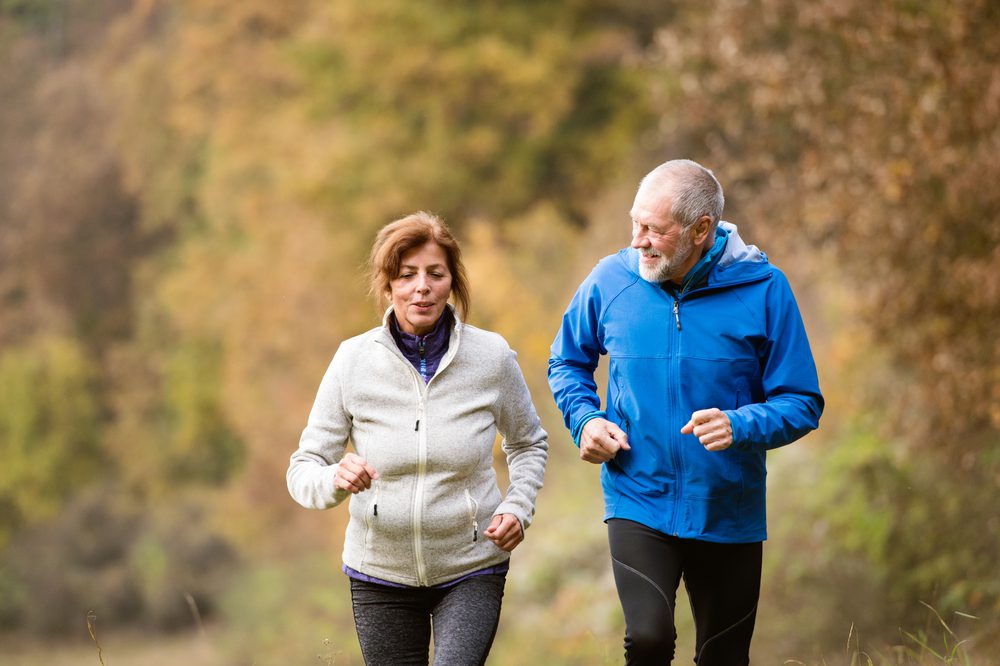
Insomnia
When it comes to coffee, the most common caffeine side effect that some people mention is insomnia.
While it can sound weird since most people end up drinking coffee in order to make the most of its staying-aware qualities, too much caffeine can lead to insomnia and a lack of restorative sleep.
Studies conducted have shown that a high caffeine intake can lead to subjects not being able to fall asleep as fast as usual, while also showing that older subjects end up sleeping less on average due to caffeine.
By comparison, those who have a moderate to low intake seem to not report the same type of effects, especially those who are known to be “good sleepers” and even those who are self-reported insomniacs.
It seems like if you have a high intake of caffeine, you can end up not being able to tell how much of a negative impact it has on your sleeping patterns.
When you take into consideration that the FDA-recommended maximum caffeine consumption for a healthy adult is 400 mg per day and that some energy drinks have around 505 mg per can and some energy shorts have 350 mg per serving, it is not hard to imagine why people can easily overdose on caffeine.
Do not forget that caffeine can be found in different types of beverages, not just coffee and energy drinks, and that it can take up to five hours to leave your system on average, with the low being one hour and the most being nine hours.




















4 thoughts on “4 Caffeine Side Effects You Didn’t Know About”
I am one of those rare human beings that is acutely allergic to caffeine and have to carry an epi-pen just in case I accidentally get caffeine in a food or a beverage which doesn’t list it in the total ingredients.
Obviously, it affects my breathing system.
It is getting harder and harder to find teas, coffees and sodas that are totally caffeine free. It is a serious problem..
keep reading what????
The article was an okay review of the topic without documenting specific studies, when they were performed, or who performed them. So…one observation/suggestion: More than once the intake of 400mg was referenced but there was NO REFERENCE TO HOW MUCH CAFFEINE IS IN A CUP OF COFFEE. Seems like a simple correlation for your readers. My quick research says 95-120 mg per 8 oz cup, depending on type of roasting and how it is brewed.
Yes, I assume it affects my sleep. I work night shifts and have to stay awake